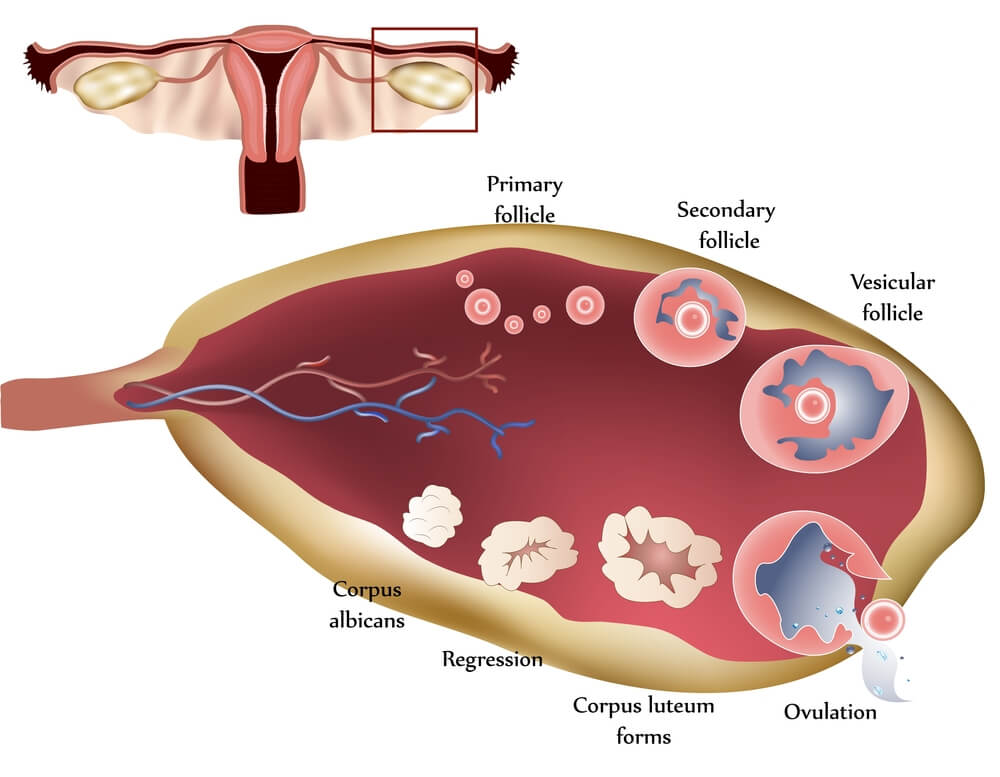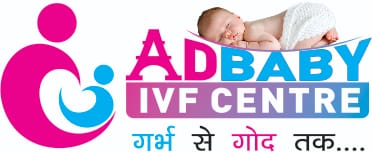Ovulation Induction treatment
Ovulation Induction (OI) is a fertility treatment that uses medications to cause or regulate ovulation, or increase the number of eggs produced during a cycle, to increase the opportunity for pregnancy.
Ovulation Induction fertility medications
Various fertility medications are available for Ovulation Induction, and your physician will choose the drug or combination of stimulation drugs that is best in each case. Medications include:
- Clomiphene Citrate (Clomid or Serophene) – Prescribed to women with infrequent periods and long ovulation cycles, it blocks the effects of estrogens and causes the body to produce more follicle-stimulating hormone.
- Human Menopausal Gonadotropin – Stimulating the development of multiple follicles and eggs during an ovulation cycle, hMG is derived from the urine of postmenopausal women.
- Follicle-Stimulating Hormone (FSH) – Stimulating development of the fluid-filled sacks containing the eggs, this drug is available in a natural form, derived from the urine of postmenopausal women, or as a “recombinant or manufactured drug”.
- Human Chorionic Gonadotropin (hCG) – Produced by the placenta during pregnancy and extracted from the urine of pregnant women, hCG triggers ovulation, releasing the eggs.

What are the potential risks associated with Ovulation Induction?
Overstimulation – Some women may experience an excessive response by their ovaries to the fertility drugs. Ovarian hyper stimulation syndrome (OHSS) occurs in a minority of women who over respond. Symptoms include severe discomfort, nausea, vomiting, abdominal distension and dehydration. It is important that the clinic is notified immediately if any of these symptoms occur during your treatment, as hospitalization may be required.

